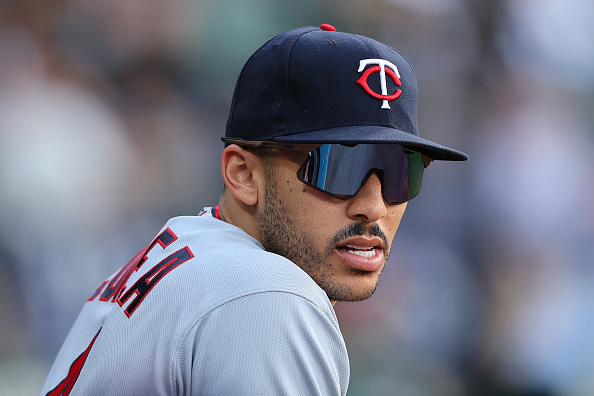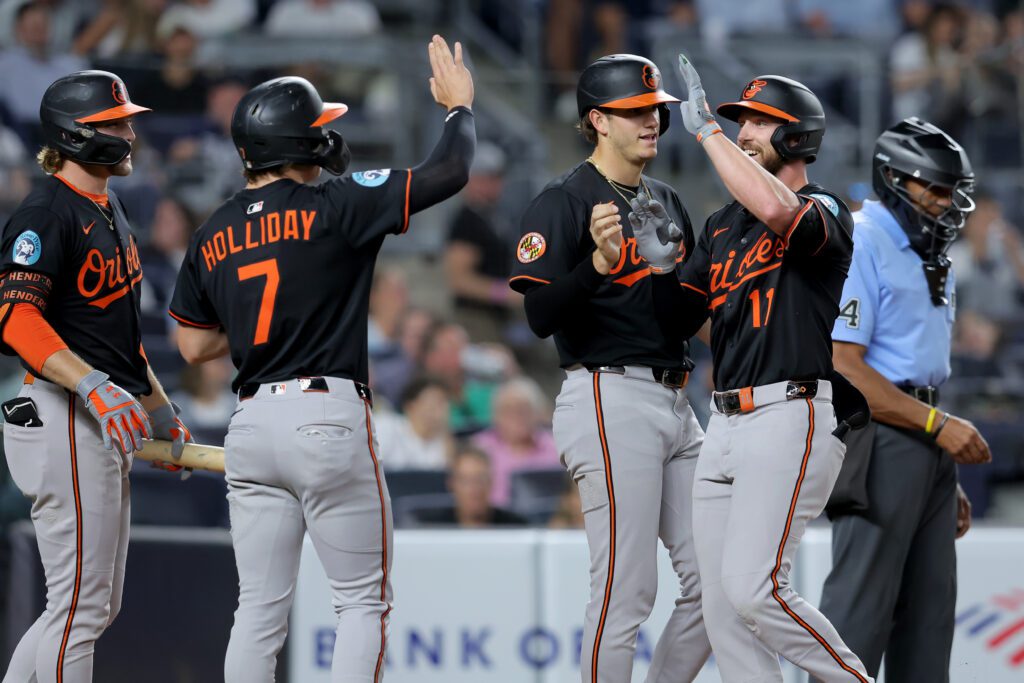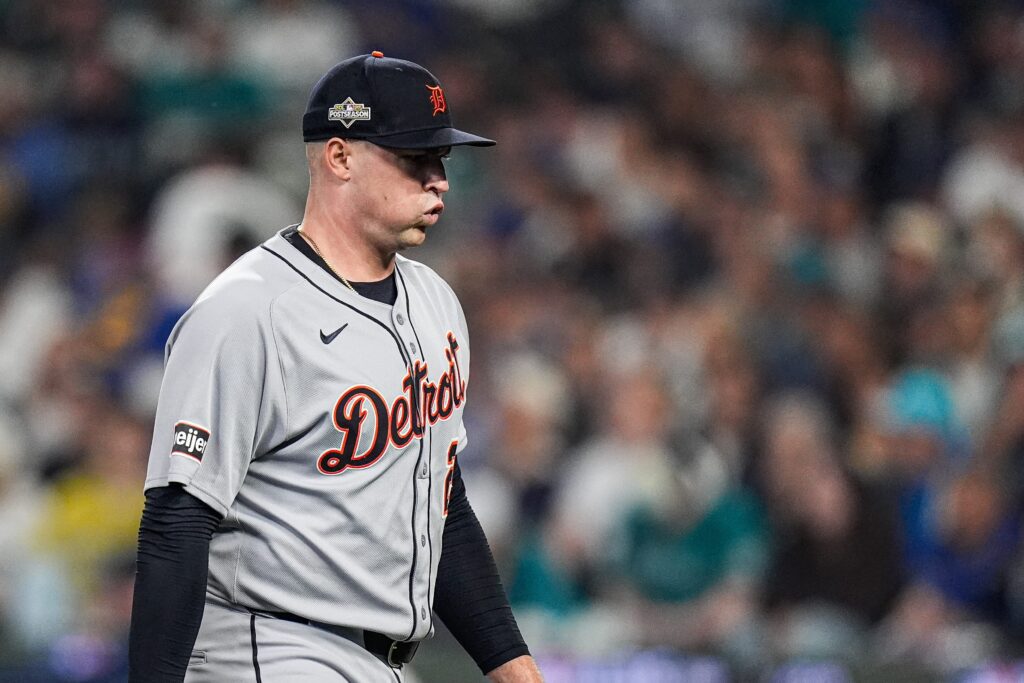How is it that the San Francisco Giants lost Carlos Correa? The Minnesota Twins have confirmed a six-year, $200 million deal with him, as reported on the Official Minnesota Twins website. Although the value of this deal is significantly reduced from what it was in regard to the contracts he negotiated with the Giants and New York Mets, this in no way implies that the Twins didn’t have to take a leap of faith to confirm this $200 million deal, as it actually gives Correa a higher annual average salary than either of the others ($33.3 million annually, as opposed to $26.9 million on the deal with the Giants, and $26.25 million with the Mets).
Evaluation of why the Giants lost Carlos Correa
And what of the Giants? How is it that the Giants lost Carlos Correa and then failed to bring themselves within a reasonable probability of getting him back when he returned to the market? They continued to make some kind of pursuit of him after the Mets expressed their concern. But things never looked promising for them.
There are three interesting observations that can be made.
1. After the initial deal fell through, the Giants were not able to express much hope for another
No team needed Correa more than the Giants after they failed in almost everything else that they intended to do this offseason. One would be inclined to think that the Mets failure to quickly confirm their deal with him would have constituted an excellent opportunity for them to jump in and bring him back. But, according to MLB Trade Rumors’ Simon Hampton, President of Baseball Operations Farhan Zaidi had to admit that a new deal with Correa was unlikely.
The explanation for this remains a mystery. Why is it that during the whole process with the Mets, the Giants had to present themselves as such underdogs in regard to signing Correa? Why did they not have as much chance at signing him as any “third-party” team such as the Twins?
To say that it was merely mistrust on the part of Correa’s agent Scott Boras seems far-fetched, as the MLB Trade Rumors article notes that Correa’s deal with the Mets came about within 24 hours after the Giants decided to further investigate the physical on their original $350 million deal with him. The Giants were not given much time at all to make up their minds and there would not appear to have been a reason for Boras to think that their delay necessarily meant it was likely that the deal would ultimately fall through.
Thus, without other factors, one would expect that Boras’ mind would have been much more open to circling back to the Giants. No doubt he knew their need for superstar talent. They should have been an obvious candidate. What exactly is going on here?
2. The Mets were given a disproportionately long time to make up their minds
The length of the time that the Mets held Correa on the hook is just as astounding as the brevity of the time that the Giants did the same. Since the Mets had already proven to be a team that was willing to spend a bucketful of money, Boras probably had a sense that they were Correa’s best bet at landing the highest contract possible, and was thus willing to be patient.
But there is another side to the Mets current reputation as big spenders. Due to the fact that through their spending, they had already put together a highly-promising roster at the time of their agreement with Correa. They had likely reached the point where they felt that they didn’t need to take risks and could afford to be selective. If this is true, and potential injury was a concern for them, they would have been hesitant to confirm a $315 million deal under these conditions. In all probability, there was no reason to expect that the Mets would feel any true sense of urgency.
Whether or not Boras gave due consideration to this second side of the story is unknown, but in any case, he evidently saw the Mets as the right way to go for quite a while. Exactly when he came to a full realization of the fact that he would have to cut the asking price on Correa by as much as $100 million also remains an open question. At the end of the day, Correa was signed by a team other than the Mets.
Now here is the question: was there really no opportunity for the Giants, or were they just unprepared to capitalize on it?
3. The Giants seem to have an incredibly spineless recent history
The recent battle between the Giants and the New York Yankees over Aaron Judge this offseason was a hot one. The Giants came to within one step of signing him and then the Yankees somehow snatched him away on a nine-year, $360 million deal. Now, how in the world did the Giants manage to let Judge go for $360 million?
While this amount is tremendous for the typical ballplayer, it does not accurately represent the value that the Giants should have placed on Judge at such a desperate time as this. Indeed, were it necessary to offer him as much as a 10-year, $450 million deal, they should have done it.
Their underperformance at the 2022 trade deadline is also significant, although it was affected by an unexpected conflict between the prospect of buying and the alternative of selling that was brought about by a seven-game losing skid. But, the fact that they held on to ace starter Carlos Rodon indicated some movement toward the ideal of contention.
However, contention just had no realistic way of being possible unless they improved their roster through trades. Their ultimate deadline stance, then, contributed nothing toward an effective balance between contention and rebuilding but made them losers in every respect.
Could the Giants then have been expected to be effective in a complicated operation such as the one involving Correa? While details are unknown, and no definite claim can be made, it may be good speculation that they offered nothing of significance. Their recent ineffectiveness could also theoretically have resulted in the mistrust of Boras. At any rate, the Giants would certainly seem like a long shot to compete with a team willing to make an investment such as the Twins made.
Conclusion
Giants fans should not be happy with the way their team’s front office is running things. The fact that the Giants lost Carlos Correa hardly seems attributable to bad luck. Nor does the loss of Aaron Judge. Whether it was that they didn’t make a competitive offer or that their recent history put their commitment to Correa in doubt, they missed out on an incredible opportunity. Correa was among the top free-agent infielders this cycle. If the Giants are going to survive in the coming years, they will need to toughen up.



